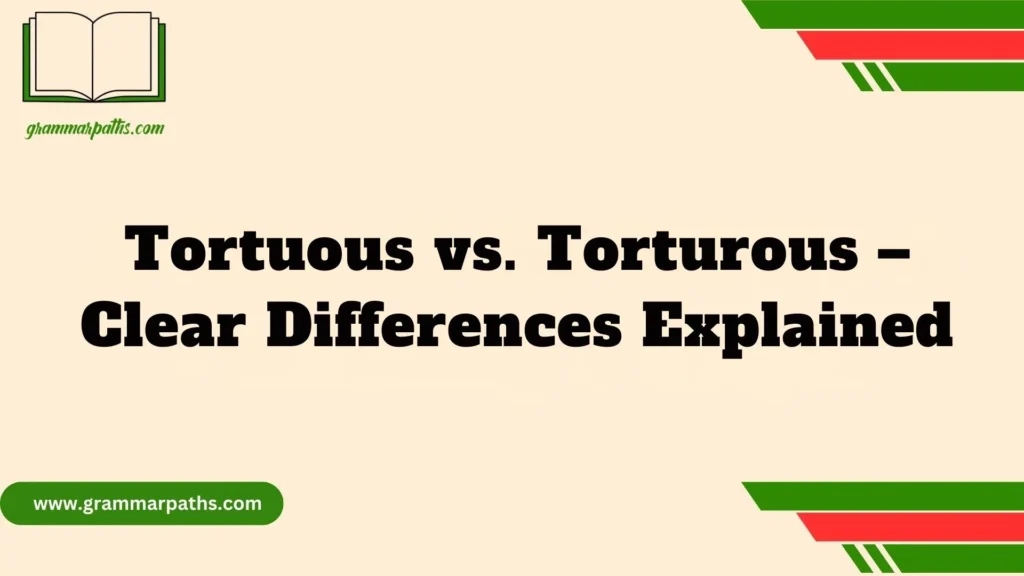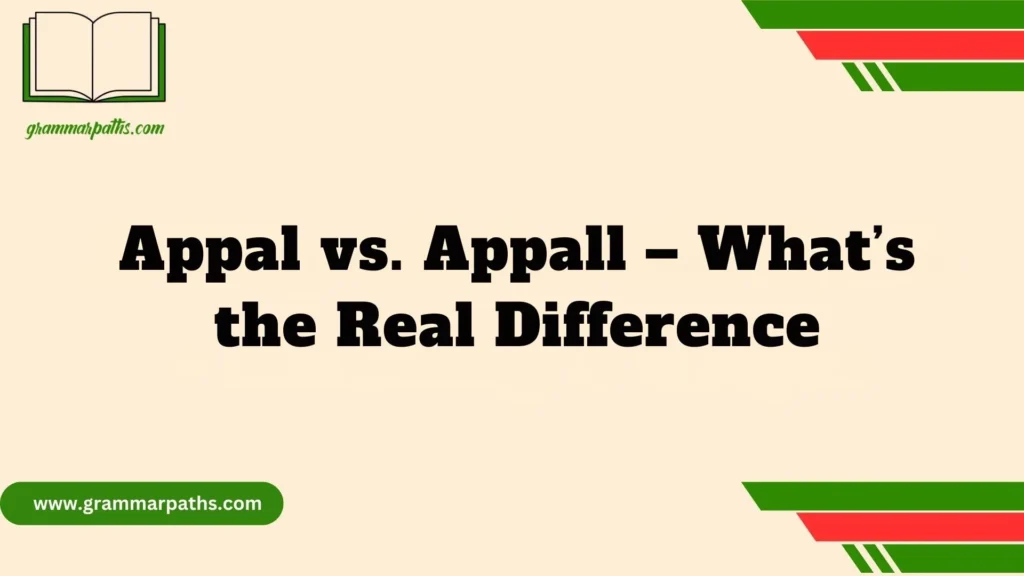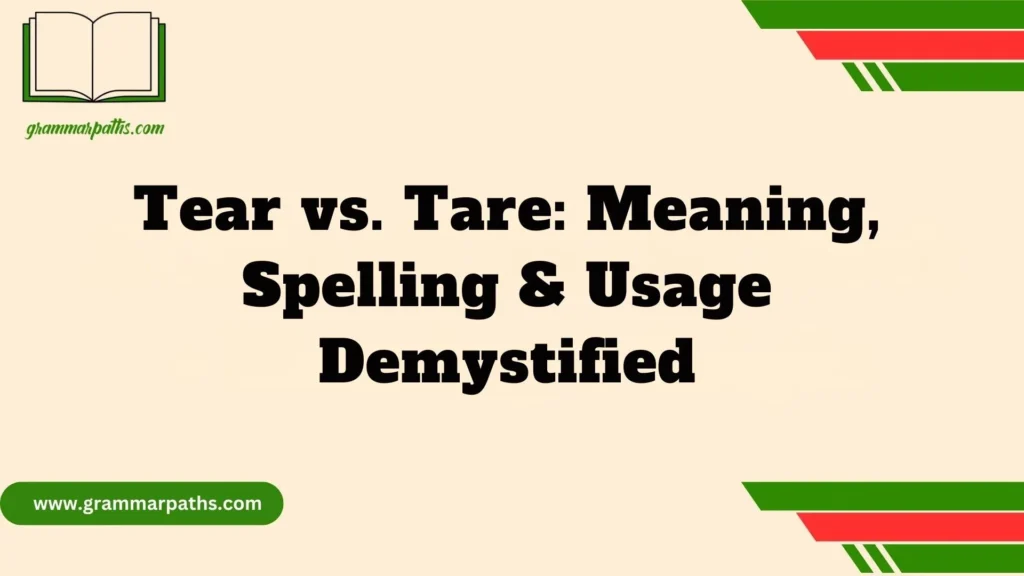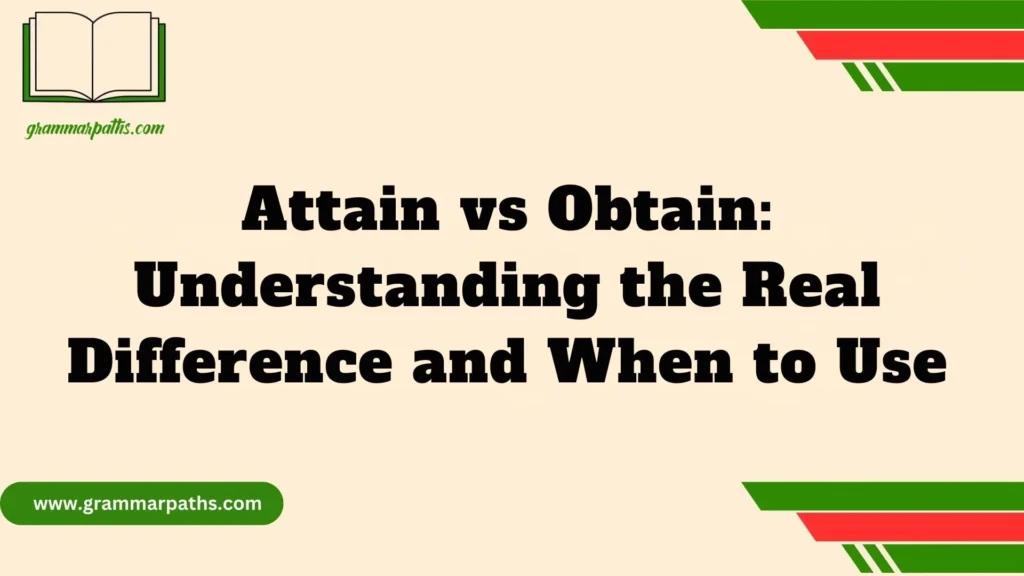In real English, even native speakers pause when choosing between “who else” and “whom else.” That hesitation comes from the never-ending tug-of-war between formal correctness and natural flow. I remember rewriting an email three times because “To who else should I send this?” just didn’t sit right. The confusion grows when grammar rules clash with what simply sounds natural. Sure, one version may be more technically correct, especially in formal writing—but the other often feels more natural in everyday speech. That’s where context quietly takes the lead.
This article isn’t about rigid grammar rules; it’s about making sense of those choices we make without even thinking. By looking at how people actually speak and write, we see that language—like everything else—is always evolving. Even when the rules are clear, we tend to go with what feels right. You can study textbook grammar all day, but applying it smoothly in the real world? That takes practice and instinct.
So the next time you’re stuck between saying “who else” or “whom else,” try it out in a sentence. Say it out loud. Does it feel like something you’d naturally say? If it flows, it probably fits. That’s the beauty of language—it’s not just about being right; it’s about being understood.
Quick Answer: Is It “Who Else” or “Whom Else”?
The quick answer: Both “who else” and “whom else” are correct, but only in the right context.
- Use “who else” when referring to the subject of a sentence.
- Use “whom else” when referring to the object of a verb or preposition.
✅ Correct Usage:
- Who else is coming to dinner?
- To whom else did you send the invitation?
We’ll break this down more deeply with examples, tricks, tables, and real-life cases below.
Grammar Foundations You Need First
Before we can master “who else” vs. “whom else,” we need to review the grammar that underpins these choices.
Subject vs. Object: What It Actually Means
In English, every sentence has a subject (who or what is doing something) and often an object (who or what is receiving the action).
Here’s a basic breakdown:
| Pronoun Role | Subject Pronoun | Object Pronoun |
| First Person | I | Me |
| Second Person | You | You |
| Third Person | He/She/They | Him/Her/Them |
| Interrogative | Who | Whom |
What’s the Rule with “Who” vs. “Whom”?
- Who replaces subjects. It’s the “doer.”
- Who called you? → He called me.
- Who called you? → He called me.
- Whom replaces objects. It’s the “receiver.”
- Whom did you call? → You called him.
- Whom did you call? → You called him.
Remember this phrase:
“If you can answer with ‘he’ or ‘she,’ use who. If you can answer with ‘him’ or ‘her,’ use whom.”
The Trick: How to Know If You Need “Who” or “Whom”
Simple Substitution Test
This is the fastest way to decide which is correct:
- Replace “who” or “whom” with he/she or him/her.
- If “he” or “she” sounds right → use who.
- If “him” or “her” fits → use whom.
Examples:
- ❓ ___ else is responsible?
Try: He is responsible. → ✅ Who else is responsible? - ❓ To ___ else should I give this?
Try: To him. → ✅ To whom else should I give this?
Does “Else” Change the Rule?
No. “Else” is just a modifier, meaning “in addition to someone or something.”
It does not affect the subject/object role—it simply adds a layer of meaning.
Example:
- “Who else wants coffee?” = Who, in addition to others, wants coffee?
Examples in Different Sentence Roles
Let’s see “who else” and “whom else” in action:
| Function | Phrase | Example |
| Subject | Who else | Who else is joining the team? |
| Direct Object | Whom else | Whom else did you ask? |
| Object of Preposition | Whom else | To whom else should I send this memo? |
| Indirect Object | Whom else | You gave whom else a copy? |
These examples show that the key is sentence role—not how it sounds casually.
Real-Life English: What People Actually Say
Informal vs. Formal Usage
In speech and casual writing, most people just say “who else” even if “whom” is technically correct.
“Who else should I send this to?”
Technically wrong. But accepted almost everywhere informally.
Why? Because “whom” feels formal, even stuffy, in everyday conversation.
What Grammar Guides and Linguists Say
- The Merriam-Webster Dictionary and Chicago Manual of Style both acknowledge that “whom” is falling out of usage.
- Linguist Geoffrey Pullum says:
“No one should be criticized for avoiding ‘whom’ entirely.”
But don’t abandon it yet—there are still places where using “whom” correctly shows polish and professionalism.
How the English Language Is Evolving
Corpus Data: Who Else vs. Whom Else
Let’s look at actual usage patterns in modern English using Google Books Ngram Viewer and the Corpus of Contemporary American English (COCA).
| Phrase | Frequency (COCA) | Frequency (Ngram – 2023) |
| Who else | 89,500 | Widely increasing |
| Whom else | 4,700 | Stable or declining |
Takeaway:
- “Who else” is 18–20x more common, even in published works.
- “Whom else” remains primarily in formal texts.
How to Choose: Formal vs. Natural Tone
When to Use “Whom Else” (If Ever)
Use “whom else” when:
- You’re writing for an academic or legal audience
- You’re submitting formal writing like grant applications, legal briefs, or academic theses
- You’re using it as the object of a preposition
Examples:
- “To whom else did you address the letter?”
- “With whom else did you consult?”
When “Who Else” Works Best
Most of the time—in business, conversation, marketing, blogging, emails—“who else” is preferred.
Even in professional settings like:
- Emails to coworkers
- Presentations
- Social media posts
…it’s more natural and less stiff to say:
“Who else needs to review this?”
Sounding Natural Without Sounding Wrong
Tips to Get It Right Without Overthinking
- Avoid complex sentence structures where possible
→ Rewrite if the grammar feels too awkward. - Use the substitution test
→ Him = whom. He = who. - Check your tone
→ Formal doc? Use “whom.” Casual? Use “who.” - Use Grammarly or Hemingway
→ Tools that help flag grammar without overcorrecting.
Natural Grammar in Context
Here’s how native speakers instinctively handle it:
Text Message:
“Hey! Who else is coming tonight?”
Email:
“Please let me know who else will be attending.”
Academic Paper:
“The results were shared with Dr. Thompson and with whom else?”
Use context as your guide—not just grammar rules.
Quick Tools: Decide Faster
Reference Table: Who Else vs. Whom Else
| Scenario | Use | Example |
| Subject of the sentence | Who else | Who else is attending the call? |
| Object of the verb | Whom else | Whom else did you meet at the event? |
| After preposition | Whom else | With whom else did you speak? |
| Informal tone | Who else | Who else wants ice cream? |
| Formal/legal writing | Whom else | To whom else shall the request be sent? |
Decision Tree: Who Else or Whom Else?
Is the person doing the action? → Use “who else”
↓
Is the person receiving the action or object of a preposition? → Use “whom else”
↓
Are you writing informally or for speech? → Use “who else” (even if “whom” is technically right)
Case Studies: Grammar in the Real World
Business Email
❌ “Please tell me whom else is involved.”
✅ “Please tell me who else is involved.”
Why it works: The phrase is the subject of the clause—“who else” is correct.
Academic Essay
✅ “To whom else can this theory be attributed?”
Why it works: This is formal writing, and the object follows a preposition (“to”).
Social Media Caption
✅ “Who else is obsessed with this new song? 🎶”
Why it works: It’s casual, and “who else” is acting as the subject.
Common Mistakes and Misconceptions
Typical Errors
- Using “whom else” as the subject of a sentence:
- ❌ Whom else is going? → ✅ Who else is going?
- ❌ Whom else is going? → ✅ Who else is going?
- Overcorrecting out of fear of sounding wrong:
- ❌ To who else should I address this? → ✅ To whom else should I address this?
- ❌ To who else should I address this? → ✅ To whom else should I address this?
Why These Mistakes Happen
- Many people were taught “whom” = smart, so they overuse it
- Grammar jargon like “object of preposition” confuses everyday readers
- Language is shifting, and rules aren’t always followed in real life
Final Takeaways: What You Really Need to Remember
- “Who else” is the subject: use it when someone is doing the action.
- “Whom else” is the object: use it when someone is receiving the action or follows a preposition.
- In formal writing, stick with proper usage.
- In everyday use, “who else” is more natural—and almost always accepted.
“Grammar is not about being fancy. It’s about being clear.”
Let clarity, tone, and context be your guide.
Resources for Further Learning
- 📘 Grammarly on Who vs. Whom
- 🧠 Purdue OWL Grammar Guide
- 📚 Merriam-Webster Dictionary Entry: Whom
Frequently Asked Questions (FAQ)
Can “Whom else” start a question?
Yes, but it sounds formal: “Whom else should I consult?”
Is “Whom” outdated?
Not entirely. It’s still expected in formal writing but is fading in casual speech.
Why do people get this wrong?
Because spoken English favors simplicity, and most people don’t learn the rules deeply.
Conclusion:
In the end, the choice between “who else” and “whom else” doesn’t have to be a grammar nightmare. Yes, there are rules—and they matter, especially in formal writing—but there’s also something to be said for natural usage and what sounds right in everyday conversation. Language is not frozen in time; it breathes, adapts, and evolves with us.
If you’re ever unsure, remember: clarity and confidence matter more than perfect grammar. Ask yourself, “Would I actually say this out loud?” If the answer is yes, you’re probably on the right track. Learning when to follow the rules and when to lean into the flow is part of becoming a confident communicator.
So next time you write, speak, or even rewrite that email for the third time, trust your ear—but keep the grammar tools nearby. In the end, effective communication is about balance—between what’s correct and what connects.












